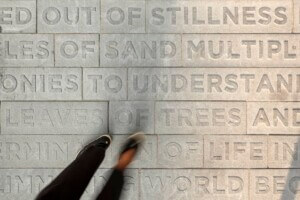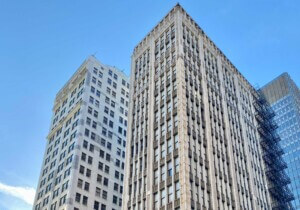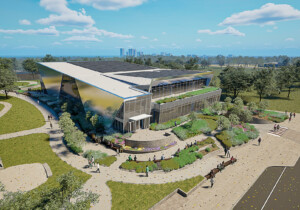The Chicago Architecture Center (CAC) announced that Open House Chicago (OHC)—one of 46 global Open House events and the second-most widely attended of them—will kick off on October 16 and conclude on October 25.
This is OHC’s 10th consecutive year, and the annual celebration of the Windy City’s built environment and architectural heritage keeps getting larger. Per a press statement provided by CAC, the 2019 edition entailed 109,000 people embarking on 370,000 total site visits at 352 individual sites spread across 39 Chicago neighborhoods and suburbs.
The decision to proceed with the decennial anniversary of OHC was no doubt a complex one as the United States continues to grapple with the ongoing coronavirus pandemic. (As of this writing, the total number of reported infections in Illinois is 186,471 and the confirmed death toll is 7,573.) As such, OHC 2020 will play out in a dramatically different manner than in past years—most notably, there will be no indoor site tours, and all event programming will take place either outdoors or online with no access inside of featured buildings being permitted.
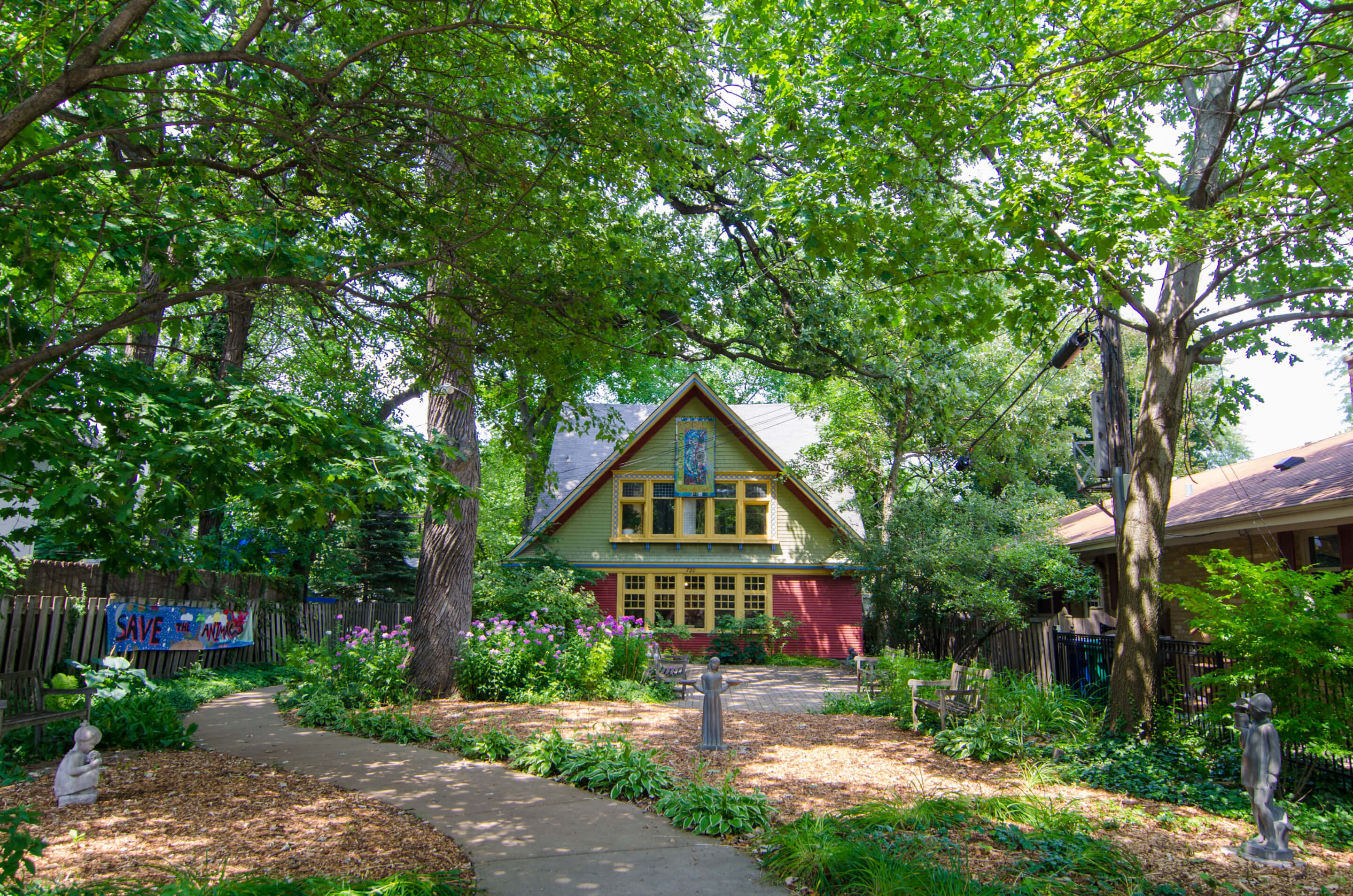
“This reimagined OHC framework—designed for individuals, families, and small groups that have isolated together—will highlight and promote visitation of specific areas, encouraging foot traffic and participants to patronize local businesses while learning more about the unique histories and stories of these featured areas,” said CAC, which reopened—with COVID-19 precautions firmly in place— its own physical home at 111 E Wacker Drive in early July with a slew of new additions to its Drake Family Skyscraper Gallery and Chicago City Model Experience. CAC also resumed select walking tours earlier in the summer once it was deemed safe to do so.
Despite these limitations, put in place for the health and safety of not just event participants but all Chicagoans, OHC 2020 will be a geographically expansive affair spread across 20 neighborhoods and two suburbs. (A dip from last year, yes, but nothing to scoff at all, considering the pandemic.) These neighborhoods include the Loop, the Near North Side, the Near West Side, Beverly, Chinatown, Hyde Park, Lincoln Park, Logan Square, Pilsen, Rogers Park, and Wicker Park.
Emphasis will be placed on ten neighborhoods (Auburn Gresham, Austin, Back of the Yards, Bronzeville, Englewood, Humboldt Park, North Lawndale, Pullman, Roseland, and South Shore) involved with INVEST South/West, a community improvement initiative spearheaded by Mayor Lori Lightfoot.
“The goal of the initiative is to reactivate neighborhood cores that have historically served as focal points for pedestrian activity, shopping, services, transportation, public spaces, and quality-of-life amenities for local residents,” explains the INVEST South/West homepage.
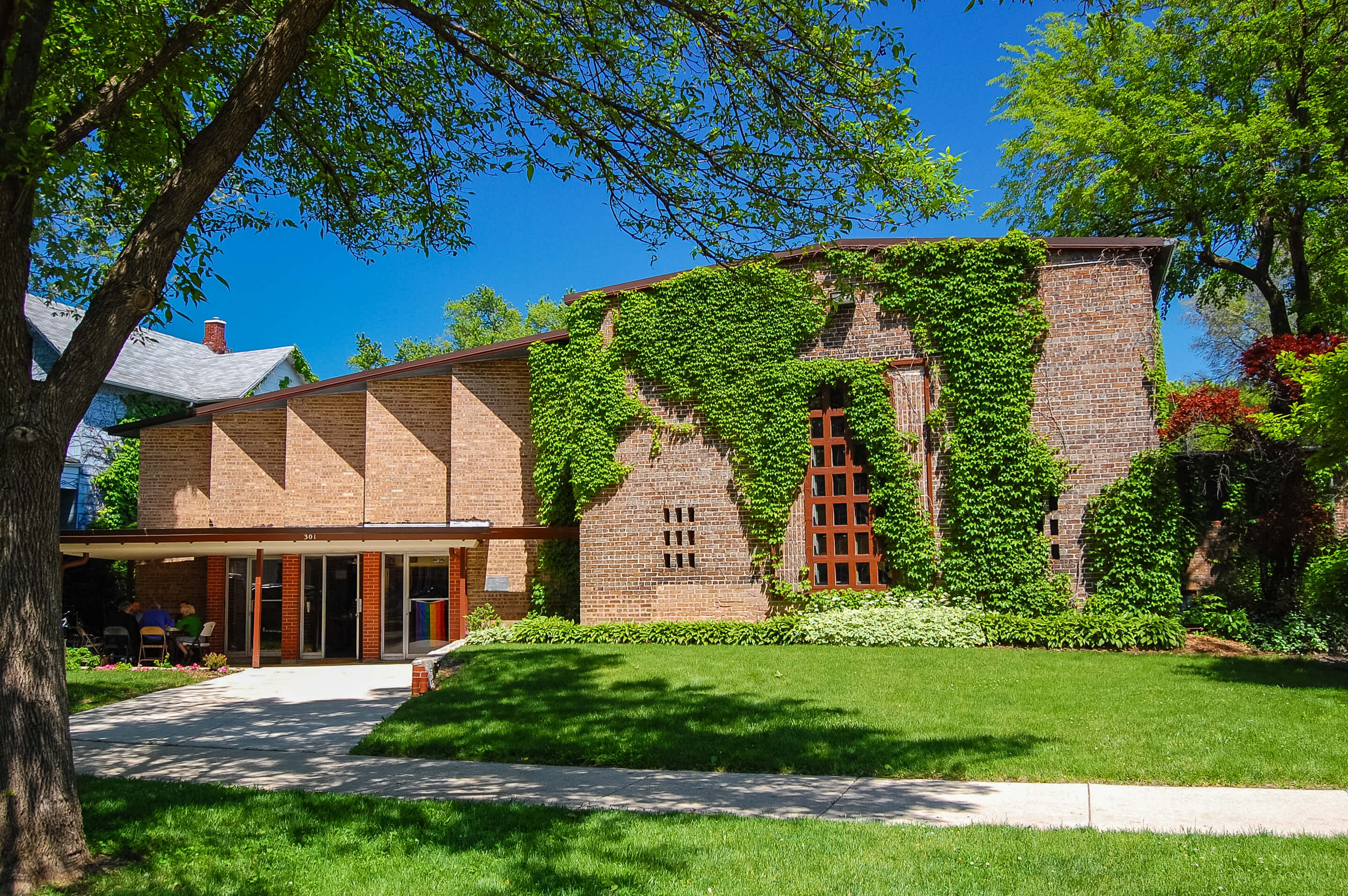
All in-person neighborhood/site tours will be self-guided. CAC has provided digital resources to help attendees navigate through selected points of interest, including an app for mobile devices that enables enhanced, socially distant exploration throughout the run of OHC 2020. A number of online events—lectures, virtual tours, performances, educational programming, and more—will also be held in conjunction with OHC 2020.
In addition to moving fully outdoors and online, this year’s festival will also be significantly longer than in the past, taking place over a leisurely ten-day span in lieu of an action-packed single weekend.
Like during non-pandemic years, advanced registration for all events, both free and paid, is required.








